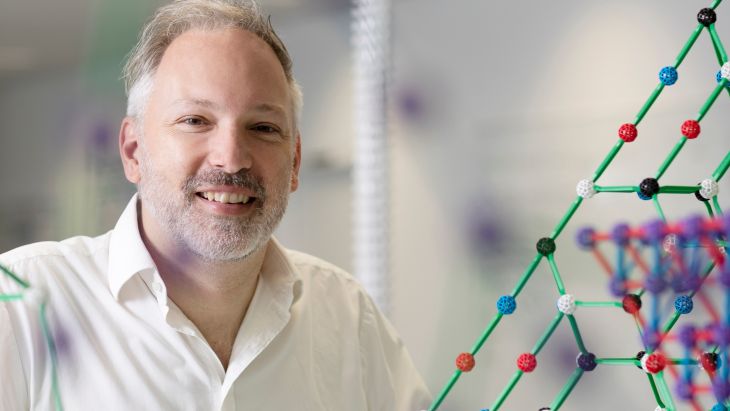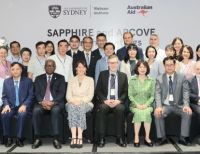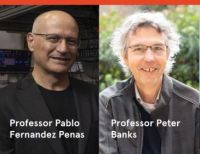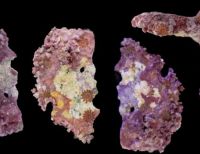Quantum promise
The quantum revolution promises to radically change technology through the development of machines that can calculate in completely new ways.
By exploiting the strange nature of matter at the smallest scales, quantum machines offer pathways to develop new materials, design new pharmaceuticals and chemistry. The limits of its promise are unknown.
However, the unusual physical properties – entanglement, superposition, teleportation – that provide the potential for quantum calculation are notoriously fragile and easily succumb to interference. This is known as decoherence.
“We are trying to exploit the properties of matter at the atomic scale, with all its associated weirdness,” Professor Bartlett said.
“By encoding information into the electronic flow within superconductors, we create bits of quantum information, commonly called qubits.
“Unlike digital bits in classical computers, which are switches that are either on or off, qubits encode information using the superposition, or uncertainty, of quantum states.
“This means we can develop entirely new computer programs to solve different problems. But it also means that the information is very fragile.”
Error versus logic
This fragility means that quantum computers produce errors about as fast as they produce useful information.
“Our aim is to protect our quantum information so that the useful information can outlast the error rate. That means a lot of the work done by the qubits we make is in suppressing errors,” Professor Bartlett said.
This is at the heart of “quantum error correction”, essentially writing code that allows physical qubits to suppress errors to allow a few of the qubits to perform meaningful calculations.
This gives rise to the difference between ‘physical qubits’ and ‘logical qubits’.
Dr Harper said: “Even after we have produced a logical qubit, arising out of the error suppressing work of dozens or even hundreds of physical qubits, the trick we then need to perform is to entangle two or more logical qubits so they can work together.”
Ultimately, the goal of a universal, fault-tolerant quantum computer will likely require millions of entangled logical qubits. That means scientists need to develop ingenious code to reduce the number of qubits performing error correction.
Tomorrow's qubits
Professor Bartlett said: “It’s an emerging truism that the large-scale, functional quantum computers of tomorrow won’t be built with the noisy qubits of today.
“However, it is by benchmarking existing error correction on noisy qubits that we can anticipate the development of robust quantum error correction that will maximise the performance of the next generation of qubits as they emerge.”
Professor Bartlett said that the quantum technology industry was a global endeavour.
“We are fortunate here at Sydney to be tied into global supply chains with world leading technology companies, like IBM and Microsoft.
“This means we are not only at the forefront of research, but in the pole position for training quantum technicians to develop a domestic industry.”
















